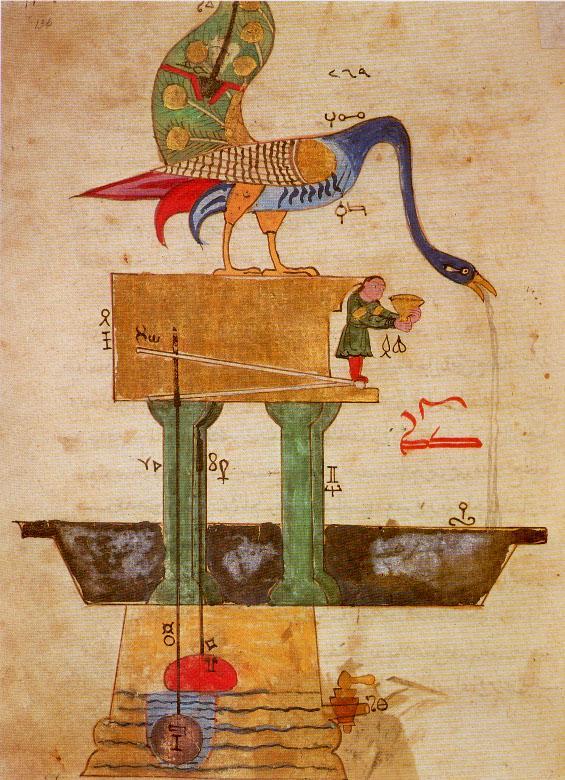5 Pillars
1. Shahada
2. Salah
3. Sawm
4. Zakah
5. Hajj
5 Evaluations
1.Obligatory (Wajib)
2. Recommended (Mandub)
3. Neutral (Mustahab)
4. Disliked (Makruh)
5. Forbidden (Haraam)
5 Basic neseccaties/5 Ultimate objectives
1. Religion that makes sense
2. Preservation of life from hunger, disease, crime, starvation..., etc.
3. Preservation of intellect
4. Family
5. Economy
5 Maxims of Law
1. Things are judged by their objectives
2. Certainty will not be removed by doubt
3. Harm should be removed
4. Hardship shall bring alleviation
5. Good custom has legal weight
=-=-=-=-=-=-=-=-=-=-=-=-=-=-=-=-=-=-=-=-=-=-=-=-=-=-=
The Shari`ah has come to observe three categories of people’s interests (Masalih), namely
Daruriyyat (necessities),
Hajiyyat (complementary),
and Tahsiniyyat (embellishments).
It is one of the objectives of Shari`ah to draw an equitable balance between the merits and demerits of a certain thing. One of the well known and agreed-upon set of rules in Shari`ah are the following:
Fending off harm takes priority over incurring a benefit, the lesser harm can be shouldered to fend off a greater one, the harm is to be waived, the harm can’t be waived by resorting to another harm, necessity knows no laws, the boundaries of necessity are to be clearly identified, one can bear an individual harm to fend off a public one, of the two evils one should choose the lesser one, the need is to take the same priority as necessity, hardships necessitate relaxing the law, and harm should not be neither inflicted nor reciprocated.
1. Shahada
2. Salah
3. Sawm
4. Zakah
5. Hajj
5 Evaluations
1.Obligatory (Wajib)
2. Recommended (Mandub)
3. Neutral (Mustahab)
4. Disliked (Makruh)
5. Forbidden (Haraam)
5 Basic neseccaties/5 Ultimate objectives
1. Religion that makes sense
2. Preservation of life from hunger, disease, crime, starvation..., etc.
3. Preservation of intellect
4. Family
5. Economy
5 Maxims of Law
1. Things are judged by their objectives
2. Certainty will not be removed by doubt
3. Harm should be removed
4. Hardship shall bring alleviation
5. Good custom has legal weight
=-=-=-=-=-=-=-=-=-=-=-=-=-=-=-=-=-=-=-=-=-=-=-=-=-=-=
The Shari`ah has come to observe three categories of people’s interests (Masalih), namely
Daruriyyat (necessities),
Hajiyyat (complementary),
and Tahsiniyyat (embellishments).
It is one of the objectives of Shari`ah to draw an equitable balance between the merits and demerits of a certain thing. One of the well known and agreed-upon set of rules in Shari`ah are the following:
Fending off harm takes priority over incurring a benefit, the lesser harm can be shouldered to fend off a greater one, the harm is to be waived, the harm can’t be waived by resorting to another harm, necessity knows no laws, the boundaries of necessity are to be clearly identified, one can bear an individual harm to fend off a public one, of the two evils one should choose the lesser one, the need is to take the same priority as necessity, hardships necessitate relaxing the law, and harm should not be neither inflicted nor reciprocated.

|